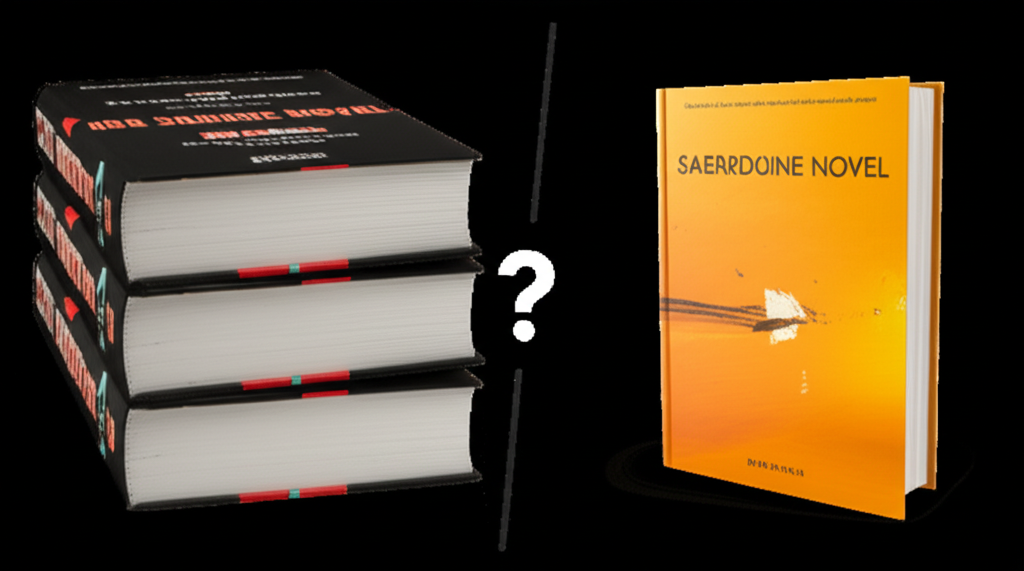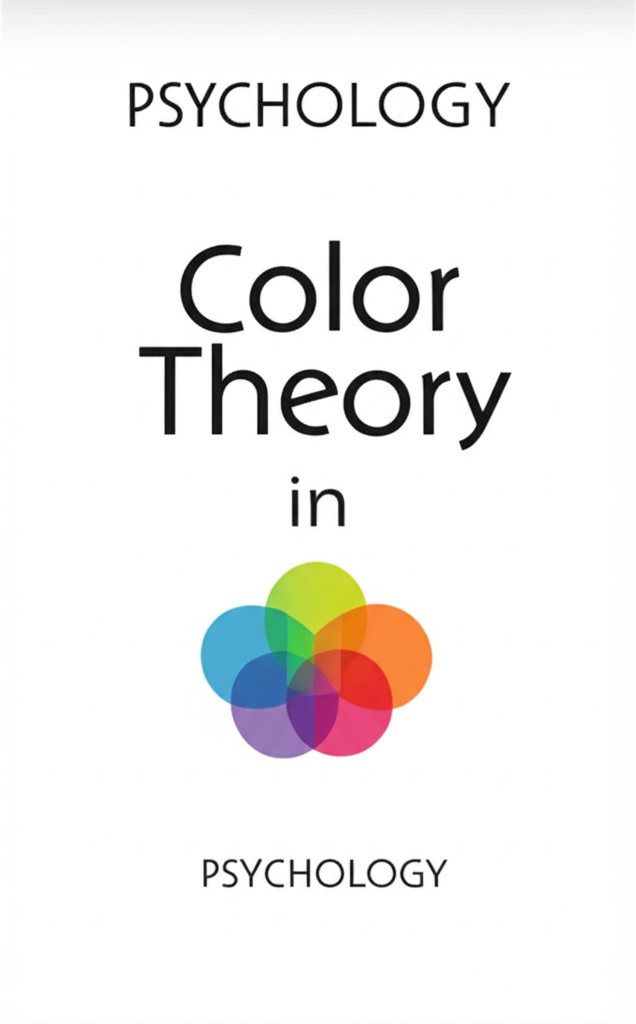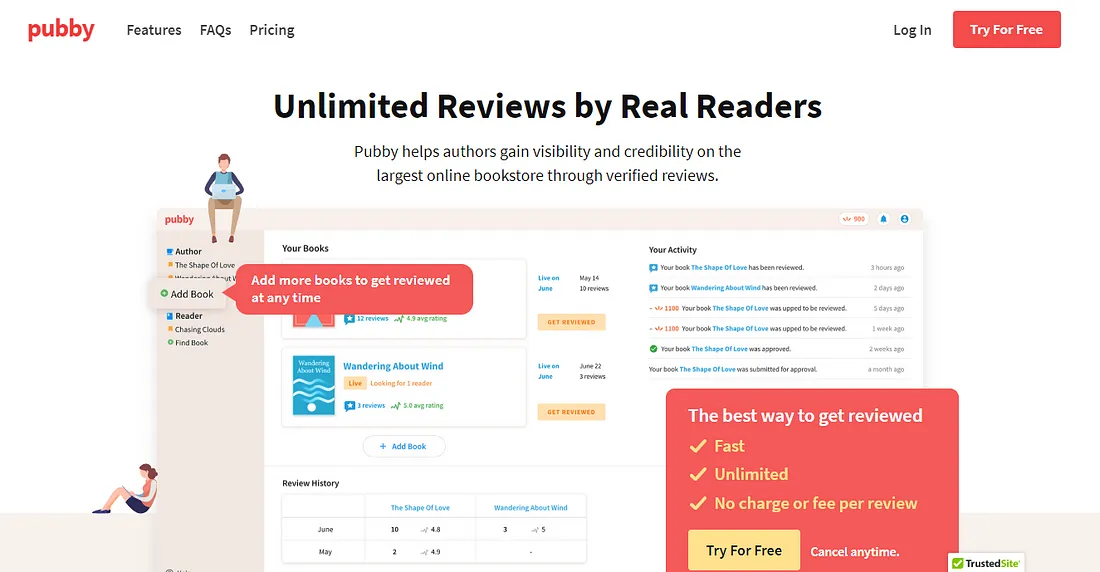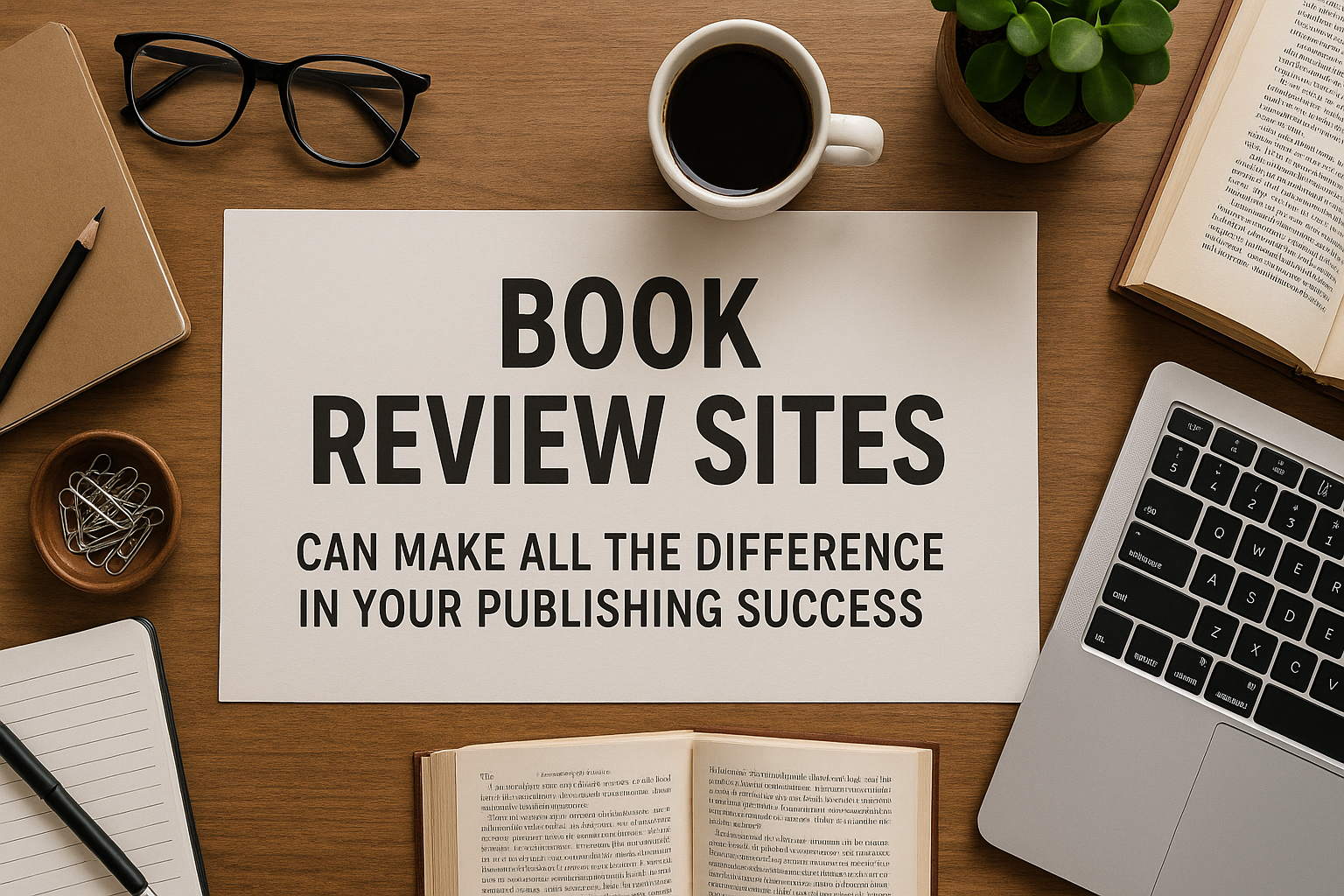1. Creative Freedom
Each new book allows you to explore different characters, worlds, and themes without being tied to previous storylines.
2. Lower Risk
If a standalone book doesn't perform well, you can pivot to a different concept for your next release without being committed to continuing a series.
3. Broader Market Appeal
Some readers are hesitant to start a series, especially if multiple books are already published, due to the time commitment required.
What the Data Says
According to our analysis of 500 self-published authors on Read & Rate:
- Authors with series earned 2.3x more on average than those publishing only standalone books
- However, the top 10% of earners were evenly split between series and standalone authors
- Genre plays a significant role: series performed better in fantasy, sci-fi, and romance, while standalone books often performed better in literary fiction and certain non-fiction categories
The Hybrid Approach
Many successful authors take a hybrid approach, writing both series and standalone books. This allows them to capture the benefits of both models while mitigating the drawbacks.
Conclusion: It Depends on Your Goals
The most profitable approach depends on your specific goals, writing speed, genre, and personal preferences. There's no one-size-fits-all answer, but understanding the pros and cons of each approach can help you make an informed decision for your publishing career.








